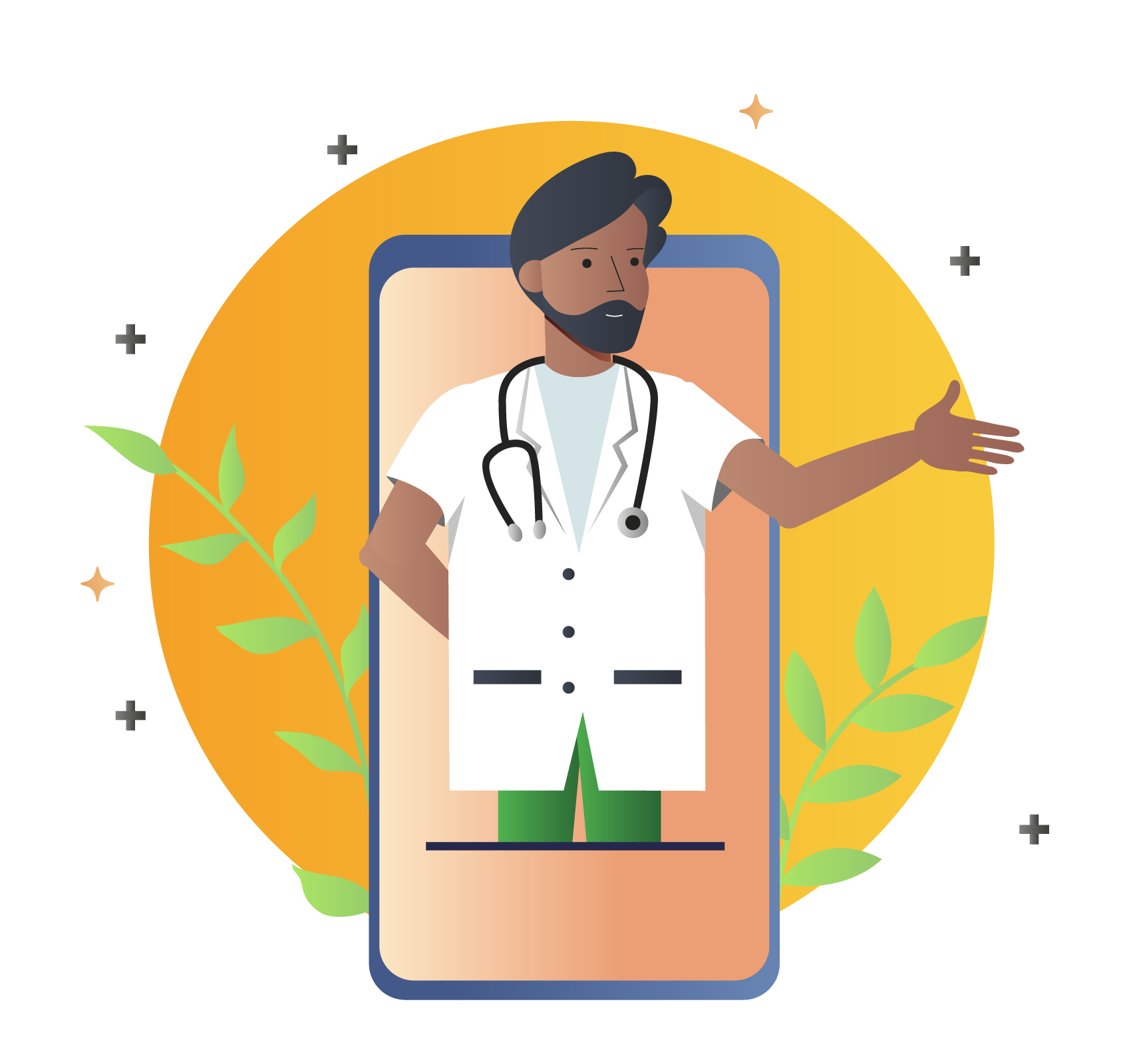Within the last decade, Artificial intelligence (AI) has hugely contributed to business transformation across all industries. In the healthcare sector, for example, AI means more efficient patient diagnosis and increased transparency between patients and doctors, as well as the development of new medicines.
AI also brings the ability to automate tasks. Automation can reduce human error, speed up processes and, over time, save your industry millions of dollars. McKinsey reports that around 60 percent of occupations can automate at least one-third of their work activities!
Let's take a look at how AI in healthcare can integrate with IM and provide automated care both internally and with patients.
Internal use
Scheduling shifts
Scheduling shifts takes up an unnecessary amount of a manager's time, but it has to get done. Otherwise, how will your team know when to come into work?
When I work is an automated scheduling tool. It uses staff input to generate your shift schedule. It works with predictions and standards, making it more accurate. Using a service like Zapier, you can then integrate your schedule with your messaging platform and have send automatic scheduling messages to your team's group chat.
Instant industry updates
Using a database that detects and warns healthcare workers of important industry news and updates is very beneficial. For example, doctors can receive updates on known contraindications and drug interactions, or information about new AI updates for robot-assisted surgeries.
You can do this by setting up RSS alerts for specific topics and have them feed into group chats to make sure teams never miss out on crucial information.
Patient communication
Faster diagnosis
AI gives patients the chance to submit symptoms via IM and receive an instant diagnosis. This is done by using an AI bot, which is programmed to interpret patient information and perform a diagnosis if a human is unavailable.
For example, Ada's platform connects medical knowledge with intelligent technology to help all people actively manage their health and medical professionals to deliver effective care. Using AI, Ada asks simple, relevant questions and compares answers to thousands of similar cases to help patients find possible explanations for their symptoms.
Fill in the blanks
Incomplete medical histories are common and often slow down patient processing and diagnosis. AI means you can send automated questionnaires to patients to make sure details are up to date. Specific algorithms then process the collected data and organize it into patient electronic health records (EHRs).
Alerts and reminders
Automated alerts are probably the most frequently used form of AI in healthcare IM. They play a huge role in patient care. Here are some examples of when automated alerts and reminders are useful:
- Medication changes. Notify a patient when something in their medication should be changed or updated. For example, if a specific supplier stops producing their medication, you can send an automated notification to tell the patient they need to make a prescription change.
- Recommended dietary requirements. An updated diagnosis may lead to patients needing to take supplements. You can automate these updates and send them to patients via IM.
- Healthy lifestyle tips. Providing patients with tips and advice can vastly improve their overall experience.
- Appointment reminders. A BMJ journal study reports that IM appointment reminders reduced ‘Did Not Attend’ (DNA) rates by up to 30 percent.
Your health is your wealth
Using AI to organize and automate data collected and shared through IM will open up a whole new range of possibilities. Nearly 60 percent of workers surveyed by McKinsey said that they could save six or more hours a week if some of their tasks were automated. This time can be spent on more important things, like emergencies and patient-centered care.
For AI to successfully automate certain areas of the healthcare industry, rules and standards, such as HIPAA compliance, must remain a priority. This is especially true when it comes to protecting data. In the words of Tim Berners-Lee, inventor of the World Wide Web: ![]() Tim Berners-Lee“Data is a precious thing, and it will last longer than the systems themselves.”
Tim Berners-Lee“Data is a precious thing, and it will last longer than the systems themselves.”




